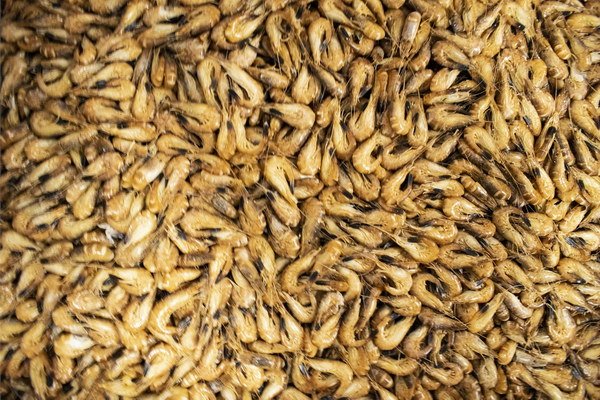The Art of Reptilian Wellness A Guide to Keeping Turtles Healthy and Happy
In the enchanting world of reptiles, turtles stand out as unique creatures that require special care and attention to ensure they lead a long and fulfilling life. Maintaining the well-being of these majestic creatures is not just about providing them with food and shelter; it's about understanding their needs and creating an environment that promotes their overall health. Here is a comprehensive guide to keeping turtles healthy and happy.
1. Optimal Habitat Setup
The foundation of a turtle's health lies in its habitat. A well-designed enclosure should mimic their natural environment as closely as possible. Here are some key elements to consider:
- Size: Turtles require ample space to move around and swim. The minimum recommended size for an adult turtle is 30 gallons, but larger is better.
- Substrate: Use a substrate that is easy to clean and non-toxic, such as coconut coir, reptile carpet, or newspaper. Avoid using sand, as it can lead to respiratory issues.
- Water: Provide a shallow water area for turtles to soak and swim in. The water should be kept clean and at a temperature suitable for the species.
- Land Area: Include a land area where turtles can bask and rest. This area should be well-lit to mimic natural sunlight.
2. Proper Diet
A balanced diet is crucial for maintaining a turtle's health. The type of food you provide will depend on the species of turtle:
- Herbivores: Feed a variety of leafy greens, such as romaine lettuce, spinach, and kale. You can also offer them fruits like melons and berries as a treat.
- Carnivores: These turtles require a diet high in protein, such as earthworms, mealworms, and crickets. Fish and shrimp can also be included, but should not make up more than 25% of their diet.
- Omnivores: Omnivorous turtles can eat a mix of both plant and animal-based foods. Offer them a variety of vegetables, fruits, and small amounts of protein sources.

Always ensure fresh, clean water is available for turtles to drink and soak in, and avoid overfeeding, as this can lead to obesity and other health issues.
3. Temperature and Humidity
Turtles are ectothermic, meaning they rely on external heat sources to regulate their body temperature. Here are the key points to consider:
- Temperature: Maintain a thermal gradient within the enclosure, with one end being warmer and the other cooler. The basking area should be around 85-90°F (29-32°C), while the cooler end should be around 75-80°F (24-27°C).
- Humidity: The humidity level will vary depending on the species, but a general guideline is to keep the enclosure between 70-80% humidity. Use a hygrometer to monitor the humidity and adjust the water bowl or misting system as needed.
4. UVB Lighting
Ultraviolet B (UVB) light is essential for turtles, as it helps them produce vitamin D3, which is necessary for calcium absorption. Provide a UVB light that emits UVA and UVB radiation, and position it so that turtles can bask in it for several hours each day.
5. Regular Maintenance
Regular cleaning and maintenance of the enclosure are vital to prevent disease and maintain a healthy environment. Here's what to do:
- Water Changes: Change the water in the pool and bowl every few days to keep it clean and free of harmful bacteria.
- Substrate Cleaning: Remove waste and uneaten food from the substrate regularly and replace it as needed.
- Sanitization: Sanitize any objects that come into contact with your turtle, such as food and water dishes, to prevent the spread of disease.
6. Health Monitoring
Observe your turtle regularly for signs of illness or stress. Some common symptoms to watch out for include:
- Loss of appetite
- Discolored shell
- Abnormal behavior
- Swelling or discharge from the eyes or mouth
If you notice any of these signs, consult with a veterinarian experienced in reptile care.
By following these guidelines, you can help ensure that your turtle enjoys a healthy and happy life. Remember, proper care and attention are the keys to keeping your scaly friend thriving for years to come.









